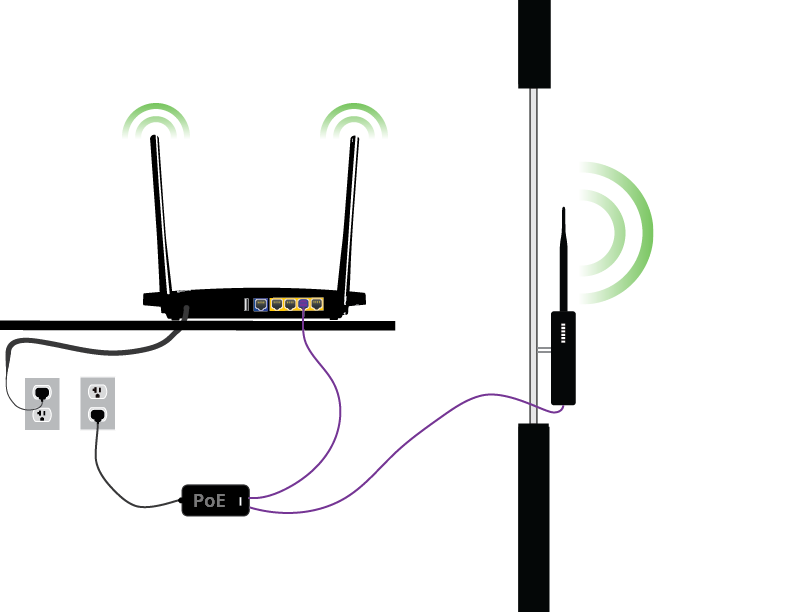

Then you do as Sash suggest, you commit them to nvram. Of course, you have to point to the correct folders. I have also omitted the folder structure for clarity. You don't need to speculate too much about the outputnames, since they will be erased when you reboot the router. Since these keys are given in dropbear format and we need them in openssh format, you can use the dropbearconvert tool Old thread, I know, but anyway, here is my approach.įirst I created two new keys with dropbearkeyĭropbearkey -t rsa -s 4096 -f /tmp/root/.ssh/ssh_host_rsa_keyĭropbearkey -t dss -f /tmp/root/.ssh/ssh_host_dss_key Guide on HowTo be Safe, Secure and Protect Your Online Anonymity! Throw some buzzwords into the WIKI searchĪtheros (TP-Link & Clones, etc ) debrick service in EU U have to put the files via ssh in the gui or via rw- 1 root root 427 Feb 25 22:59 ssh_host_rsa_key rw- 1 root root 458 Feb 25 22:59 ssh_host_dss_key rw- 1 root root 1344 Feb 25 22:59 authorized_keys So what gives? Are these files stored in NVRAM? How do i replace ls -la SSHing into the router did not give me a 'host key changed' warning message, which should have been there. When dropbear came back up, my newly generated keys were replaced with the origanals. So I fired up dropbearkey and generated a new set of files, and bounced dropbear via the web console. I'm not sure where the stock host key came from, and in order to be absolutely _certain_ I can mitigate a MITM attack, I need to generate the host key pair myself.ĭropbear -b /tmp/loginprompt -r /tmp/root/.ssh/ssh_host_rsa_key -d /tmp/root/.ssh/ssh_host_dss_key -p 22 -a I would like to generate a new Host key for my router. Posted: Fri 5:37 Post subject: changing DropBear _HOST_ key, not the client keyįirst, before I get bombarded with RFTA requests, this is not in the manual.


 0 kommentar(er)
0 kommentar(er)
